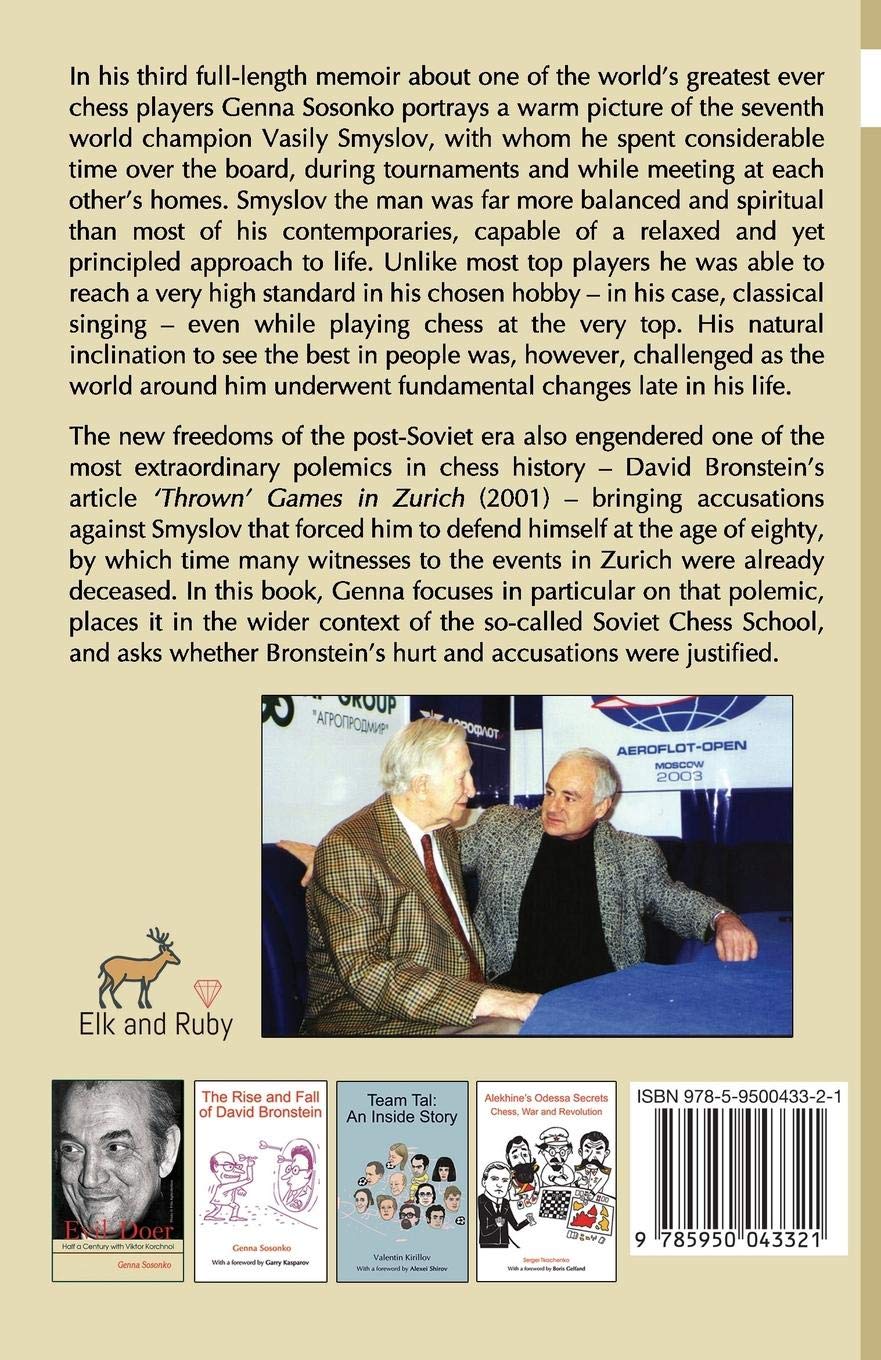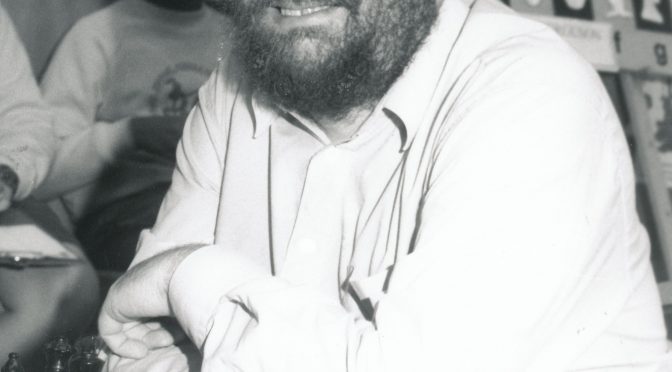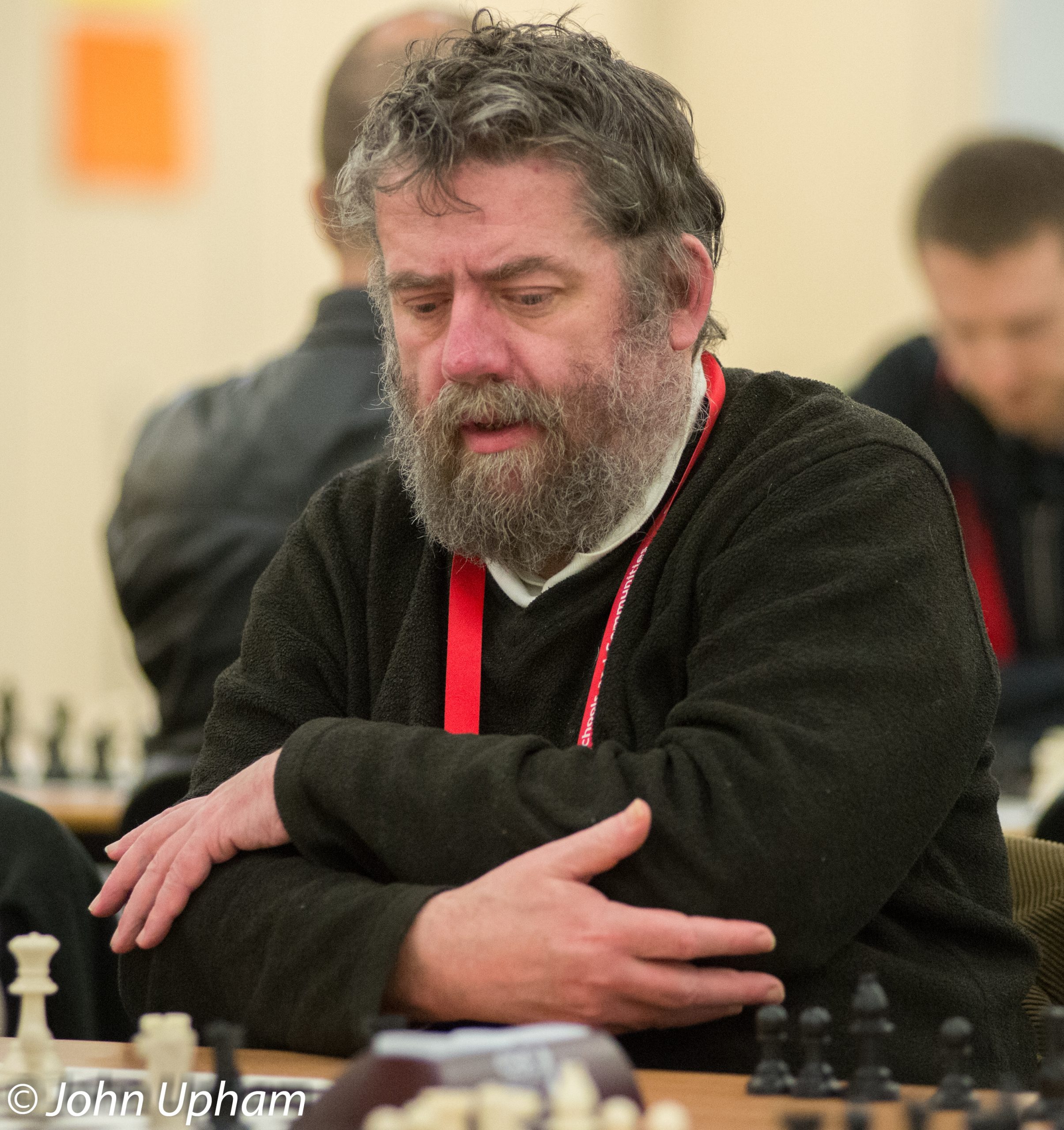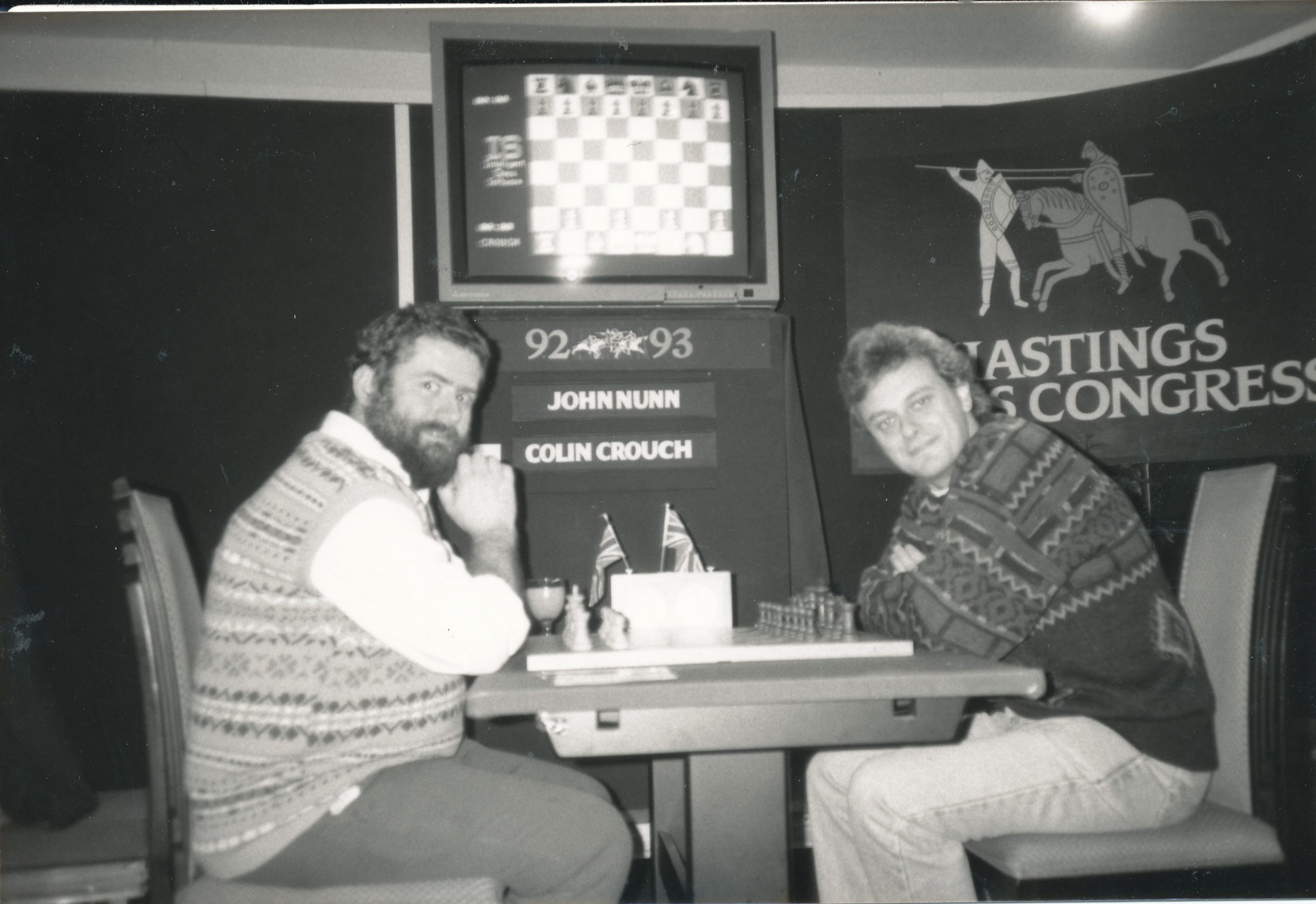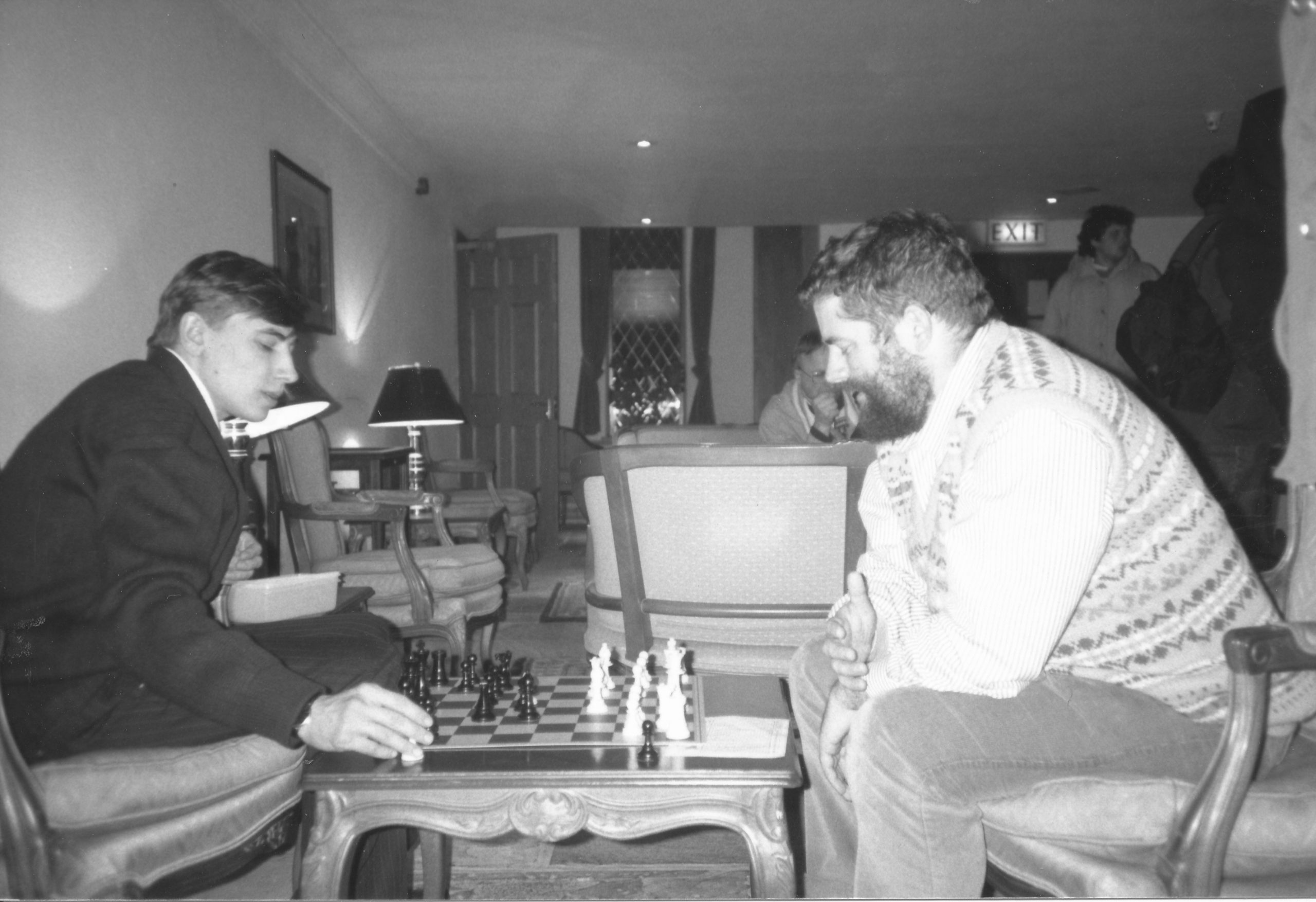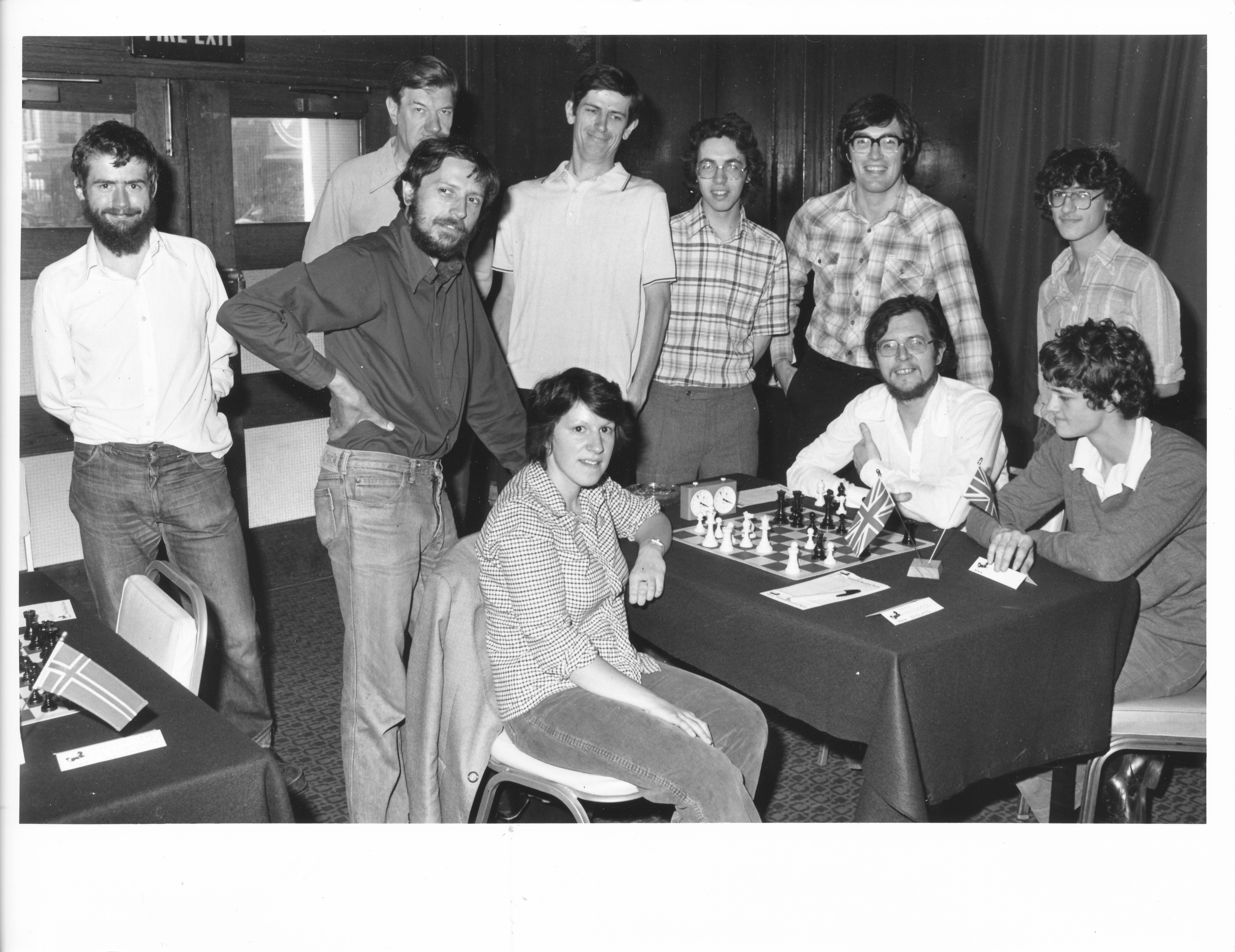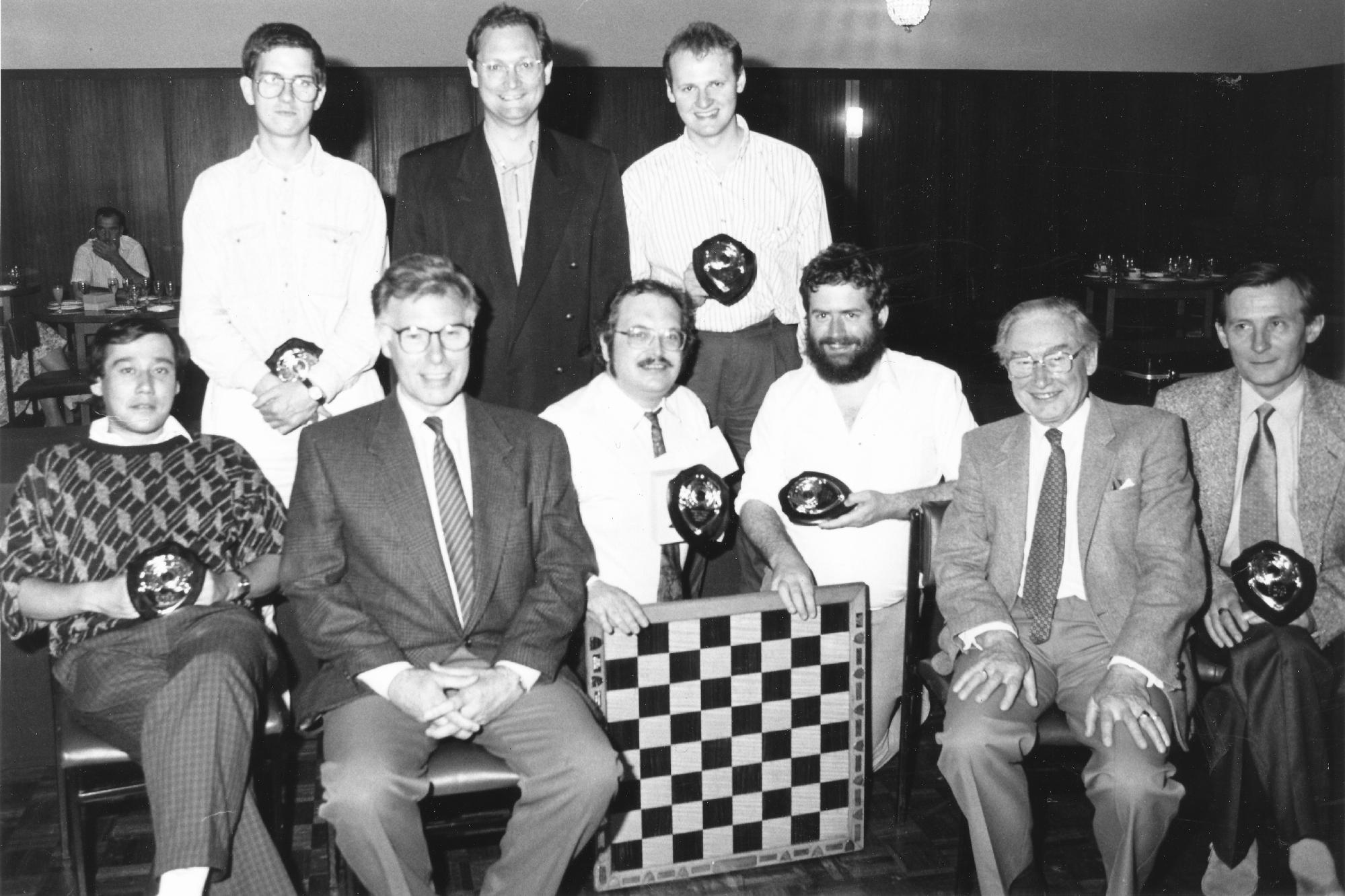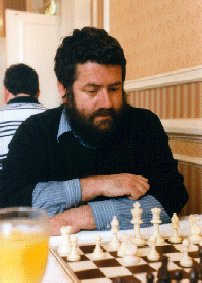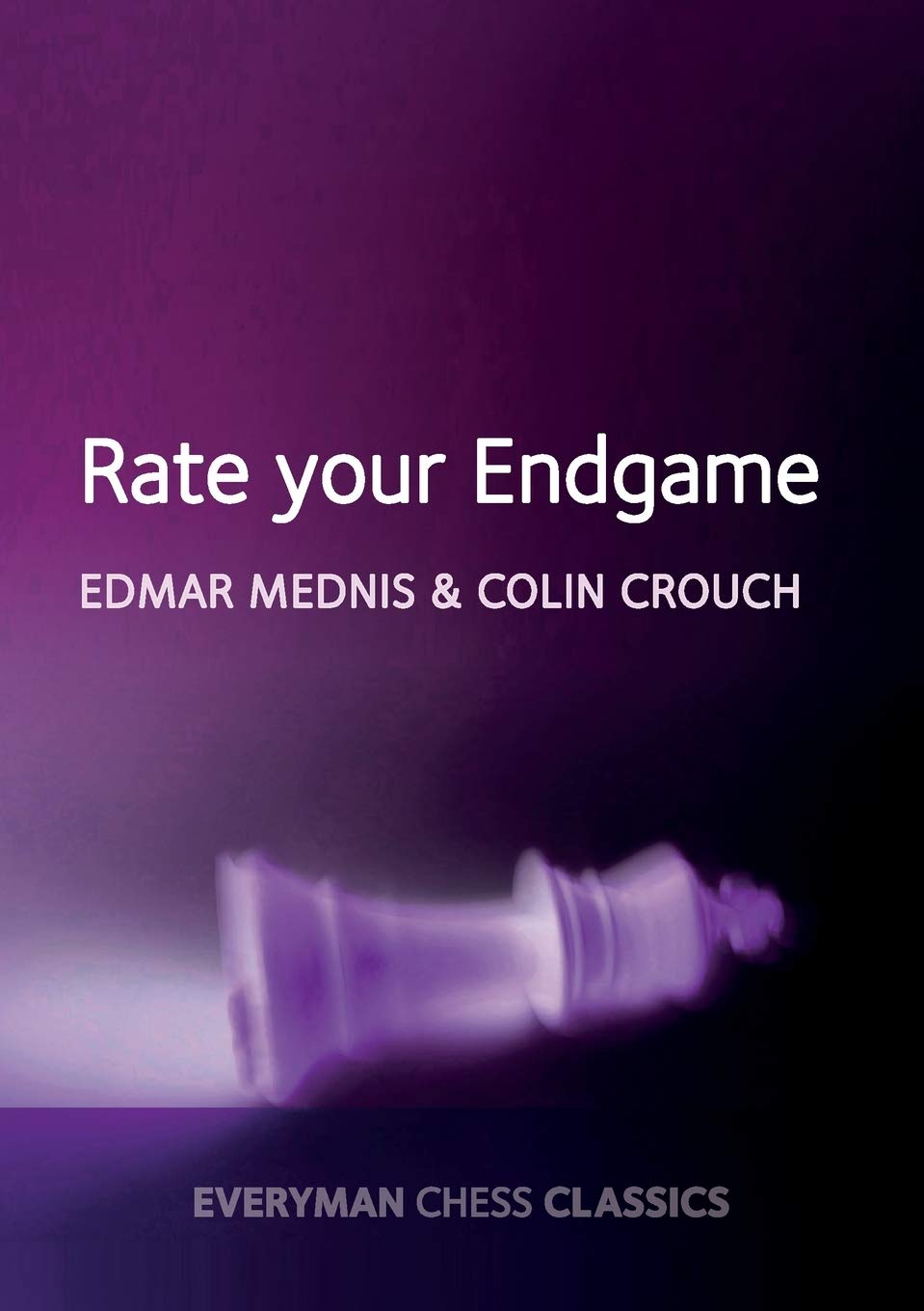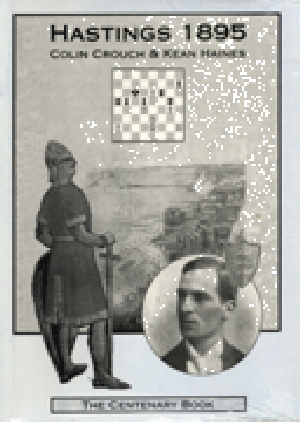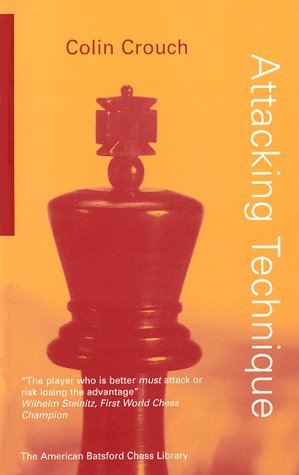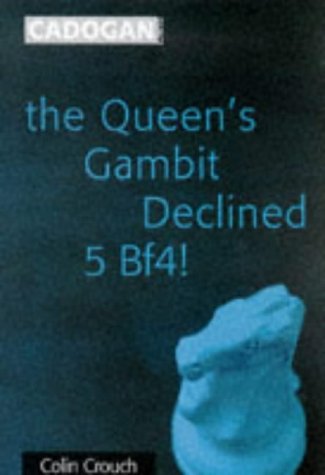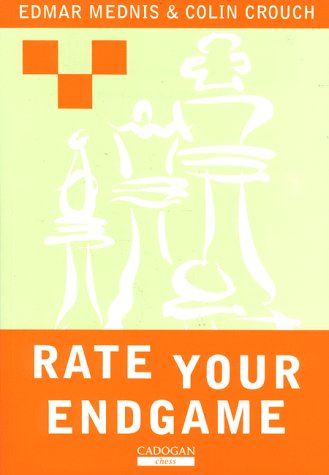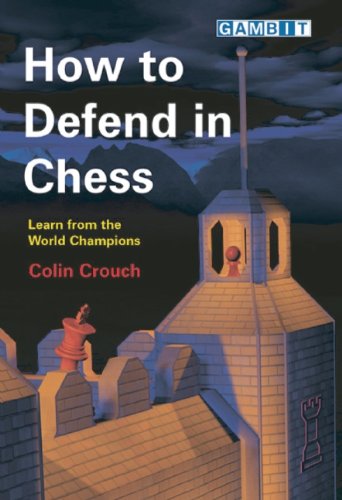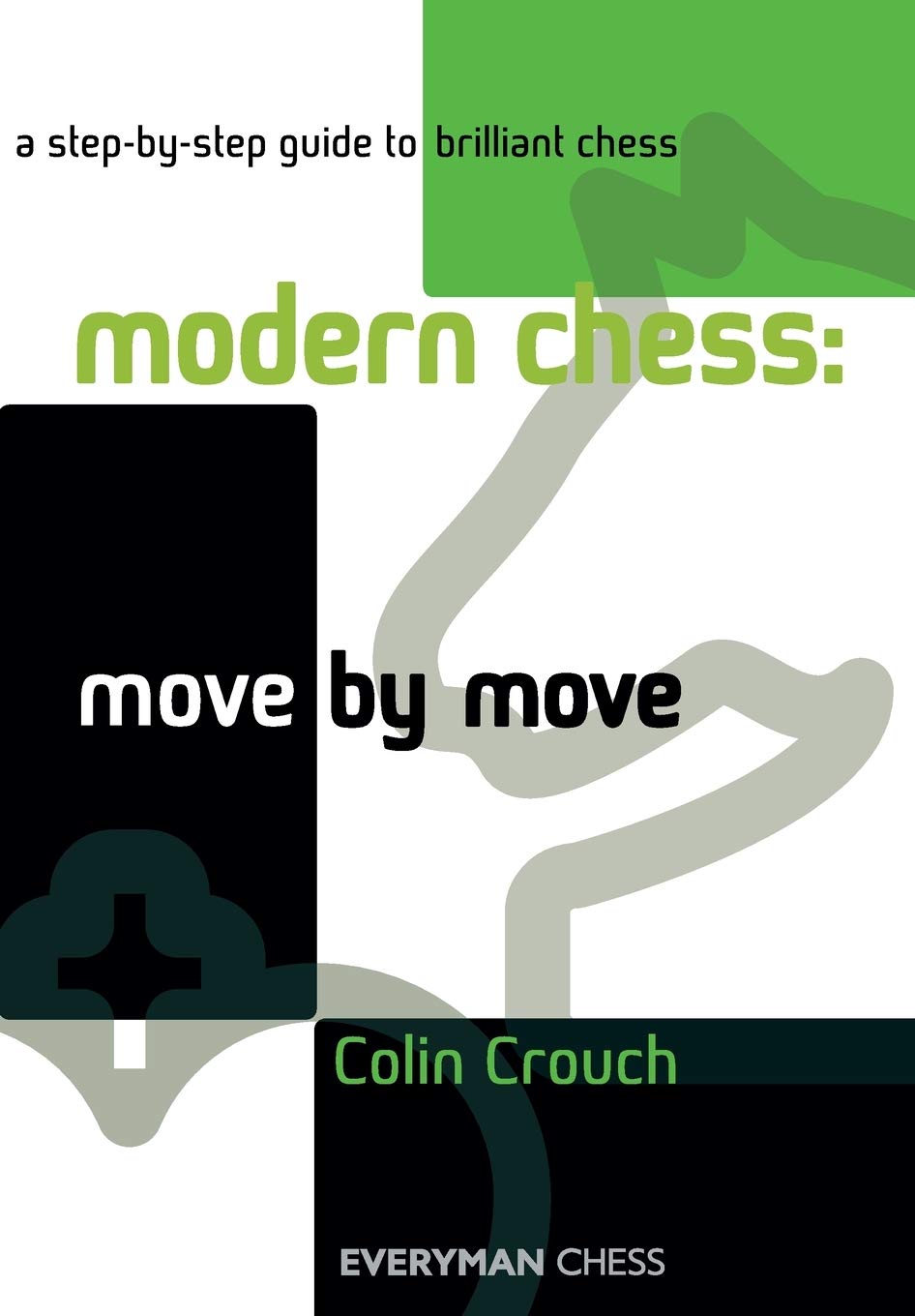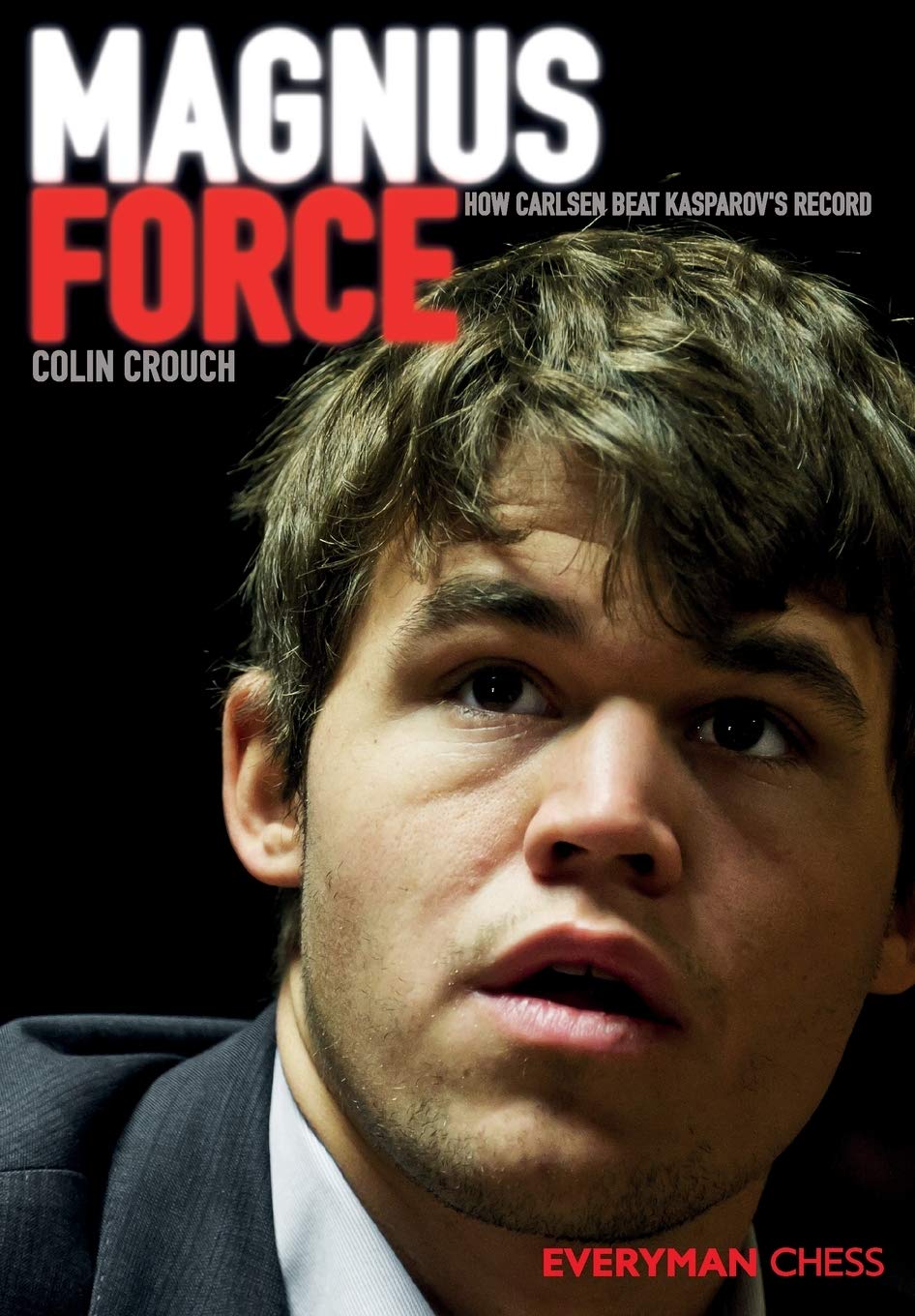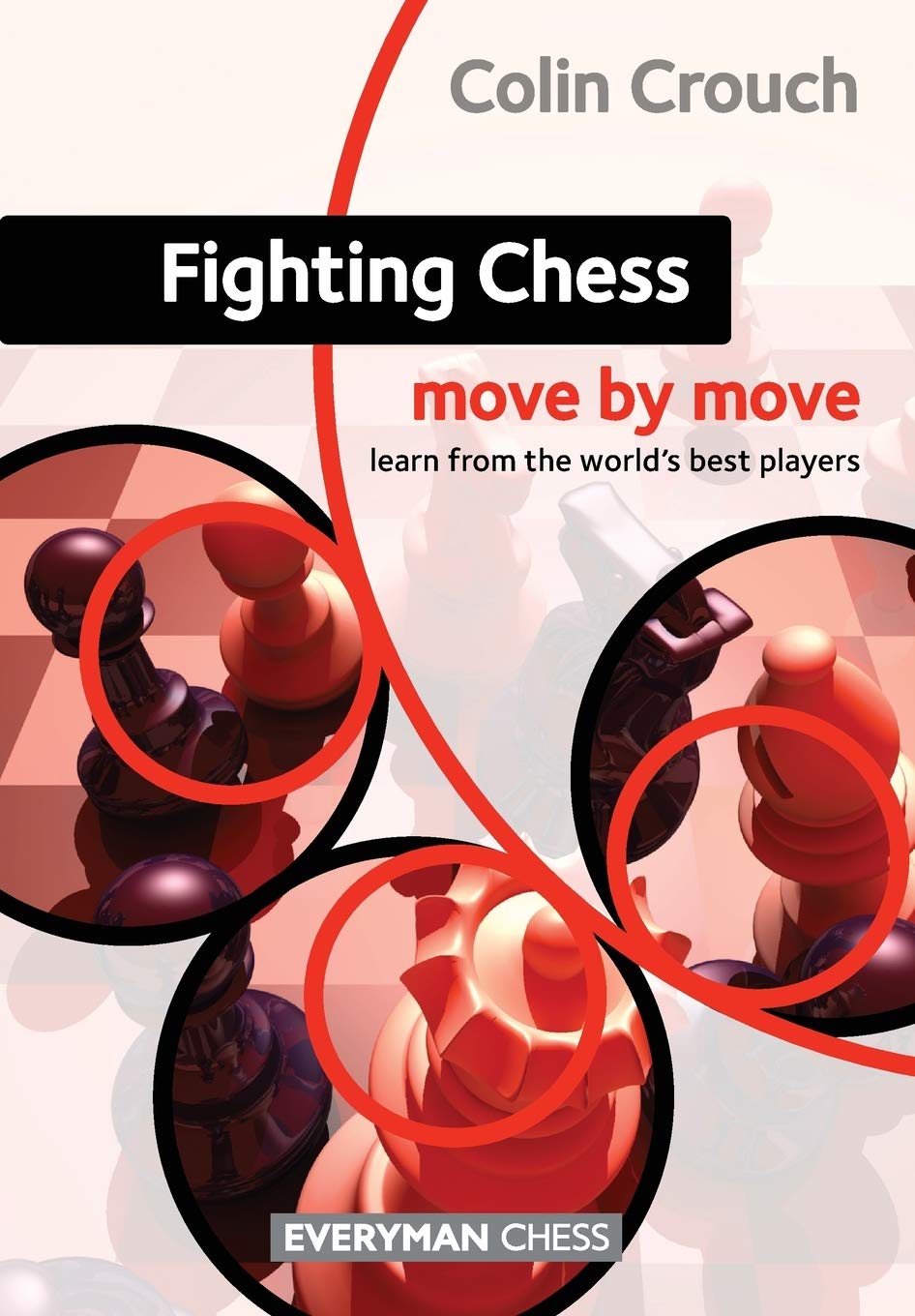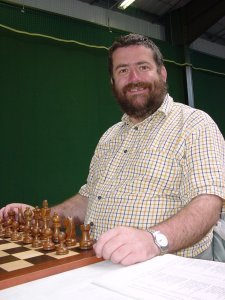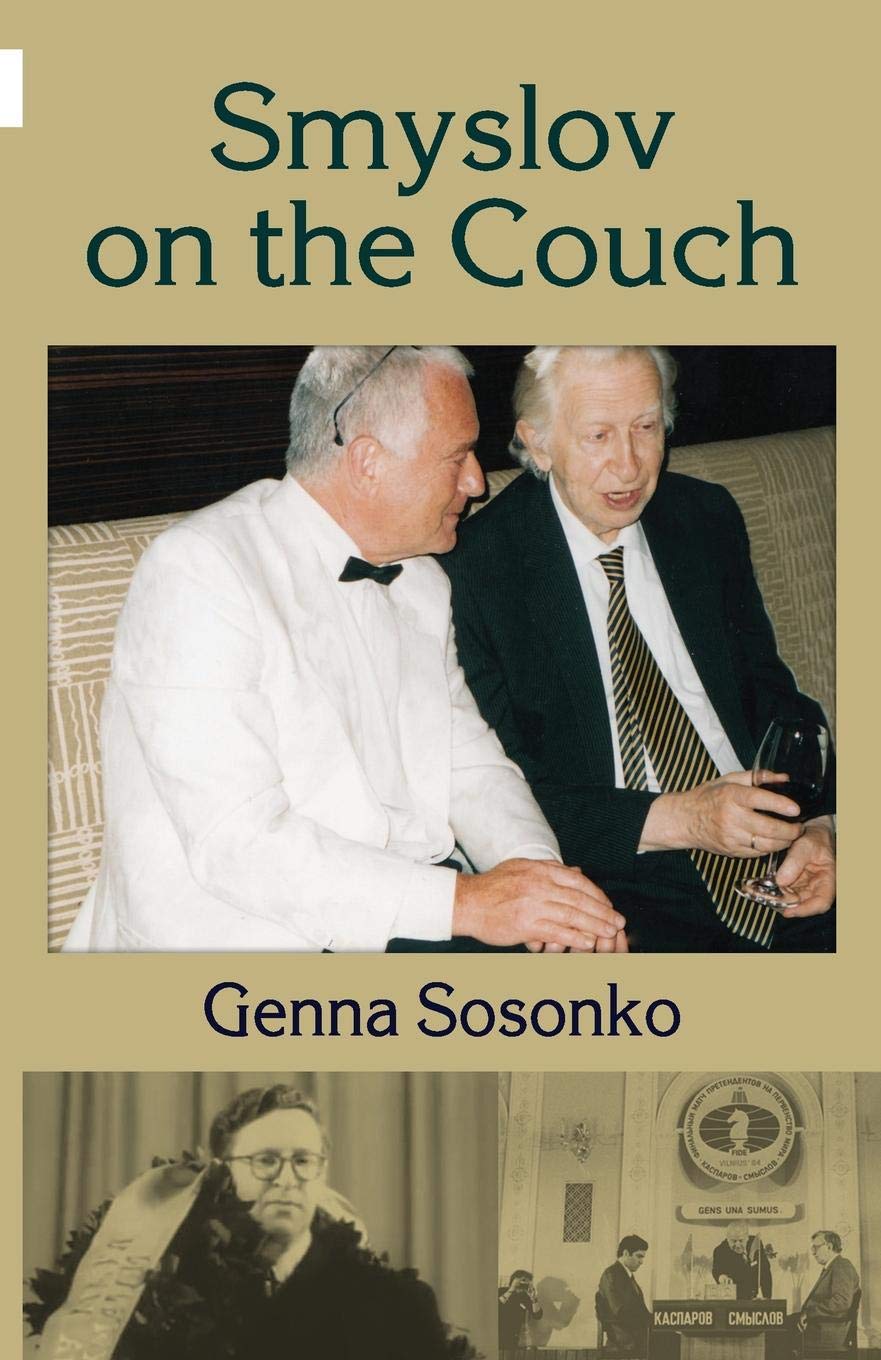
Smyslov on the Couch : Genna Sosonko
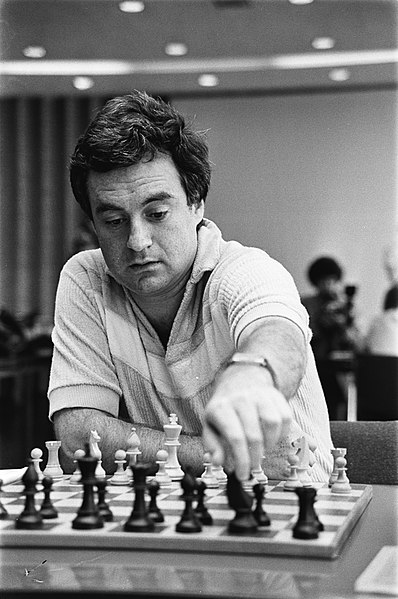
Genna Sosonko emigrated from the USSR to the Netherlands in 1972. For the past 20 years or so he’s made a career out of writing essays and books about chess in the Soviet Union, and interviewing many of the leading players from that period.
This, following on from books about Bronstein and Korchnoi, which will be reviewed later, is the third of a series of memoirs. Whereas Bronstein and Korchnoi were strong personalities who had controversial careers, Smyslov was a much more balanced character.
The word most associated with Smyslov is ‘harmony’. He sought harmony in his chess games, always seeking the most harmonious placing of his pieces. He was also a talented opera singer: harmony again.
In the first part of this book, Sosonko introduces us to his friend. The life of a chess player in the Soviet Union must have been a mixed blessing. While you were living in a totalitarian regime, chess was valued and its exponents respected – as long as they toed the party line. Smyslov, we learn, was a man of profound and sincere religious convictions: a member of the Russian Orthodox church. Beyond that, he was also, rather unexpectedly, interested in all things paranormal. He seemed to believe in astrology and the prophecies of Nostradamus, and was convinced that chess originated on Atlantis. It always intrigues me how many strong chess players, who excel at thinking rationally over the chessboard, have totally irrational views on other subjects.
Perhaps it was this fatalism, the belief that everything in his life was pre-ordained, which enabled Smyslov to ‘go with the flow’ during his chess career.
At the end of this part, we have eight pages of photographs, before moving onto part 2
Now we turn the clock back to the 1953 Candidates Tournament, and, specifically, this game, from round 26.
The tournament was approaching its end: Smyslov was leading but Bronstein still had a chance to win the prize of a title match against Botvinnik. The Soviet authorities instructed Bronstein to play for a draw, which, as you can see, he did, choosing the Exchange Variation of the Ruy Lopez, long before Fischer rehabilitated it as a winning try.
Bronstein never forgot this, and, nearly half a century later, published an article about match fixing in the 1953 Candidates Tournament which angered the usually placid Smyslov. Bronstein’s article and Smyslov’s reply both appear here.
Sosonko then moves on to discuss, in more general terms, the Soviet Chess School, offering revealing insights as to what life was like for grandmasters from the USSR.
The final third of the book returns to Smyslov, and is based on conversations with the great man during the last eight years of his life: from 2002 to 2010. I’ll have a lot more to say about this when I review Sosonko’s memoirs of Bronstein and Korchnoi, but I’m not sure how much this adds to our knowledge of Smyslov, or how much he would have wanted to be remembered for his declining years.
If you’ve read any of Sosonko’s other writing you’ll know that he writes well, and, very often, poignantly. He tends to throw in a lot of cultural references, which you might find helpful, but, on the other hand, you might just think is showing off. Me: I enjoyed the musical references but mentions of Russian literature often mean nothing to me.
It’s not quite true that there’s no chess in the book: there’s just one game, played when he was 14, which, although Sosonko doesn’t mention it, is spookily similar to the Famous Game Rotlewi-Rubinstein.
If you’re looking for a book that will improve your rating, then, you’ll want to look elsewhere. If you want to know more about Smyslov as a person, you’ll probably enjoy the first third of the book. If you’re interested in the history of chess in the Soviet Union, particularly in the years following the Second World War, you might want to read the second part, but you’ll need to bear in mind that the author is an compiler of memoirs and anecdotes, not a historian. It’s the final section that leaves me with mixed feelings. A moving testimony of the final years of a much loved and respected champion, or just voyeurism? I’m in two minds: maybe you should read the book and decide for yourself.
Richard James, Twickenham 15 April 2020

Book Details :
- Paperback : 199 pages
- Publisher: Limited Liability Company Elk and Ruby Publishing House (5 Nov. 2018)
- Language: English
- ISBN-10: 5950043324
- ISBN-13: 978-5950043321
- Product Dimensions: 12.9 x 1.1 x 19.8 cm
Official web site of Elk and Ruby
